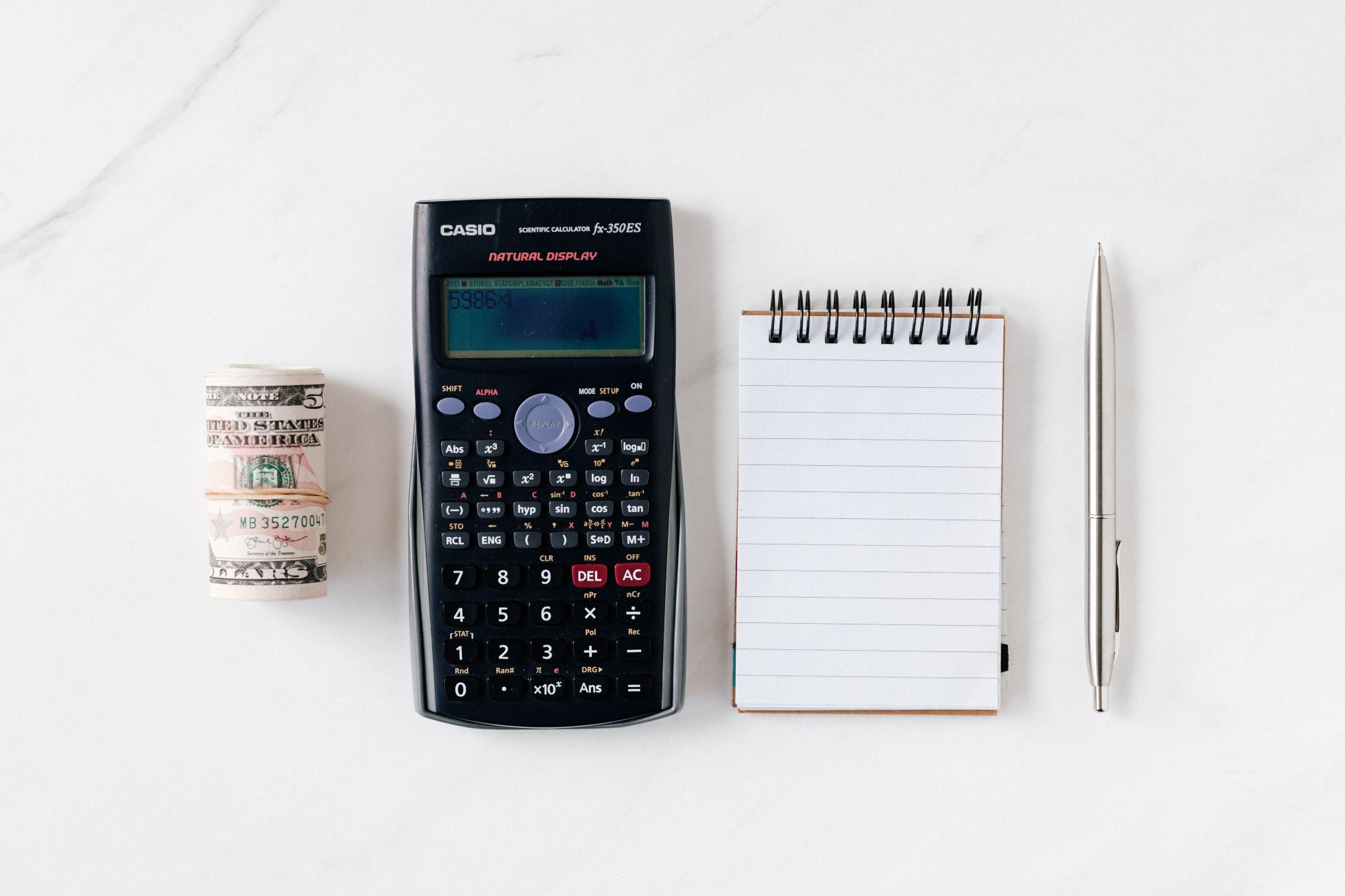Do you know where every dollar you spend goes? Do you ever feel like money just seems to disappear? One of the biggest struggles for families is keeping track of expenses, especially with different bank accounts and the possibility of the use of cards and cash by multiple family members including children. It is hard to have good fiscal discipline when there is not a good method of tracking purchases.
“Budgeting” is nice buzz word. It’s easy to talk about. Who doesn’t have a budget, right? But when the rubber meets the road, is your budget effective and do you have a way to practically apply your budgeting decisions?

The EveryDollar app is a part of Dave Ramsey brand. It is a free app that allows users to create a budget and then record transactions according to various income and spending categories. When setting up a budget, users can customize the types of categories and can determine whether they want to do all of their budgeting or just some of it in the app.
There is a paid version of the app which comes with a number of perks, including the ability to link with bank accounts for automatic transaction recordings.
Why is budgeting so important? When families are unaware of where their money goes, it becomes difficult to make good decisions. For example, if members of a family love coffee and it is determined that each month over $100 is spent on coffee out, it may be prudent to purchase an expensive home coffee or espresso machine that previously would have been deemed “too expensive,” but in light of the amount spent at coffee shops, it would actually be a significant savings in the long run. In this example, we see how budgeting is not necessarily about “cutting” pleasures, but rather making smart decisions that are good for long-term financial wellbeing.
Knowledge vs. Guilt. The purpose of budgeting and tracking expenses is to provide insights and awareness of spending habits; it is not intended to be a guilt-trip for every purchase. Wise budgeting involves allocating money for discretionary spending and even a cushion for errors such as unrecorded transactions or unexpected minor expenses (it’s good to be prepared for large, unexpected expenses also, but this is for the conversation of saving). Finally, think about the difference between dieting and creating healthy habits. Like most diets, budgeting that is ideal, but unrealistic, will not last.
